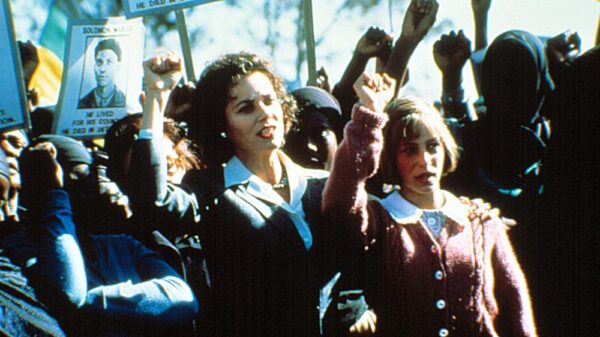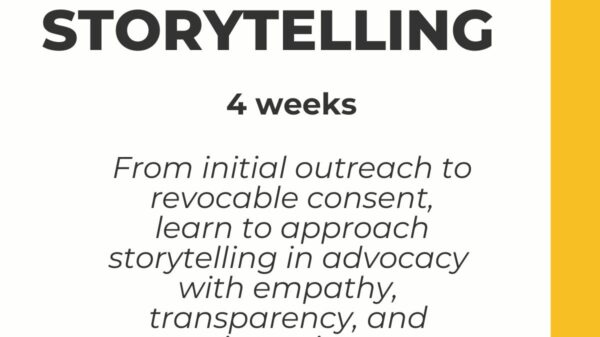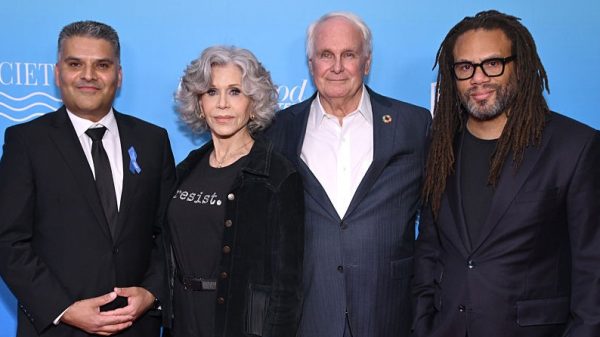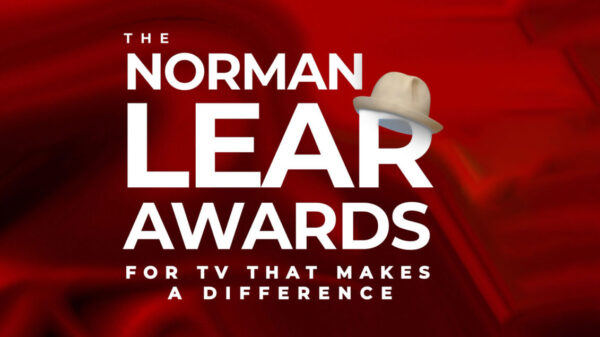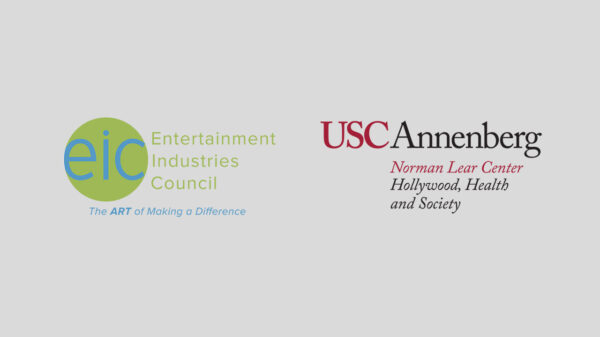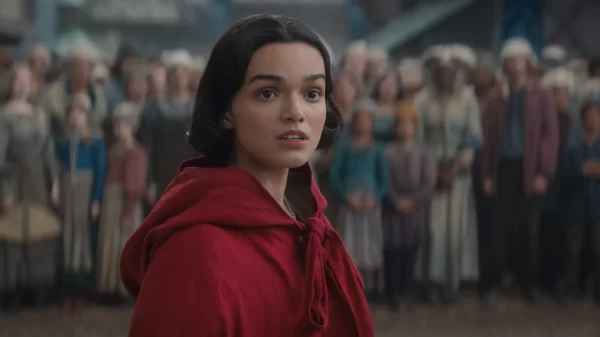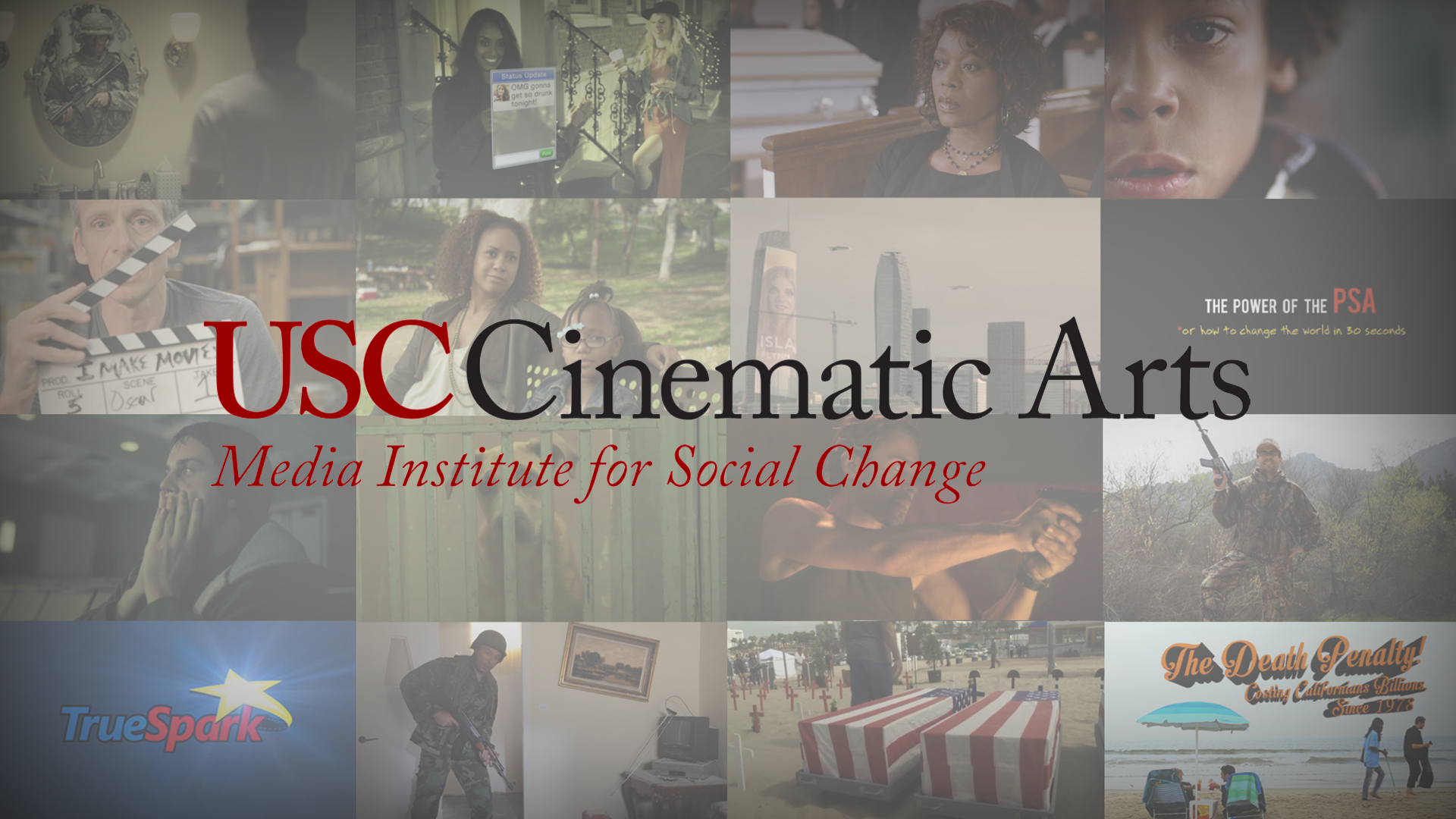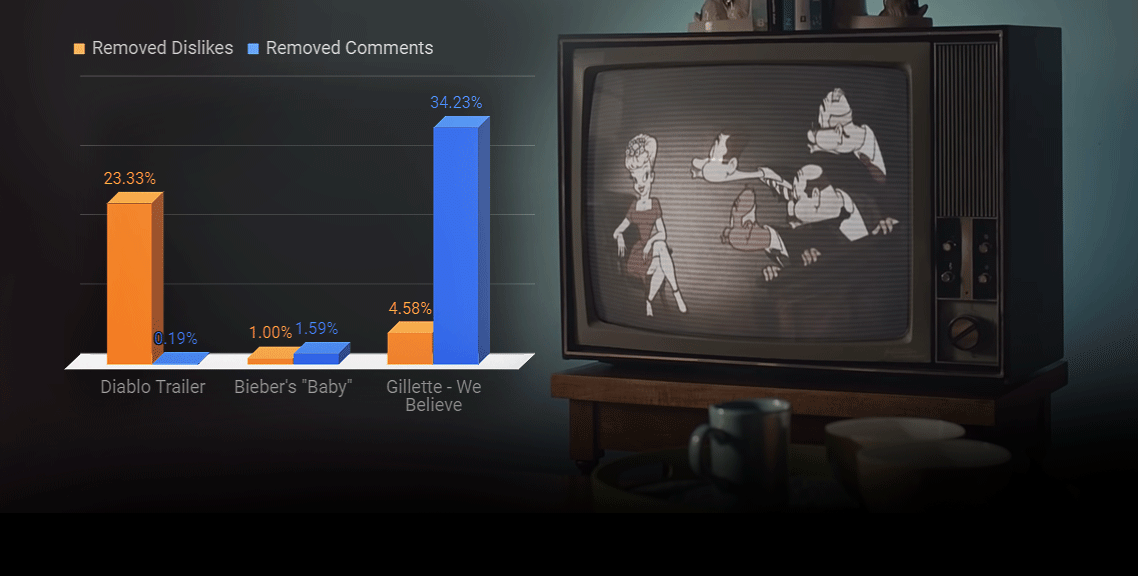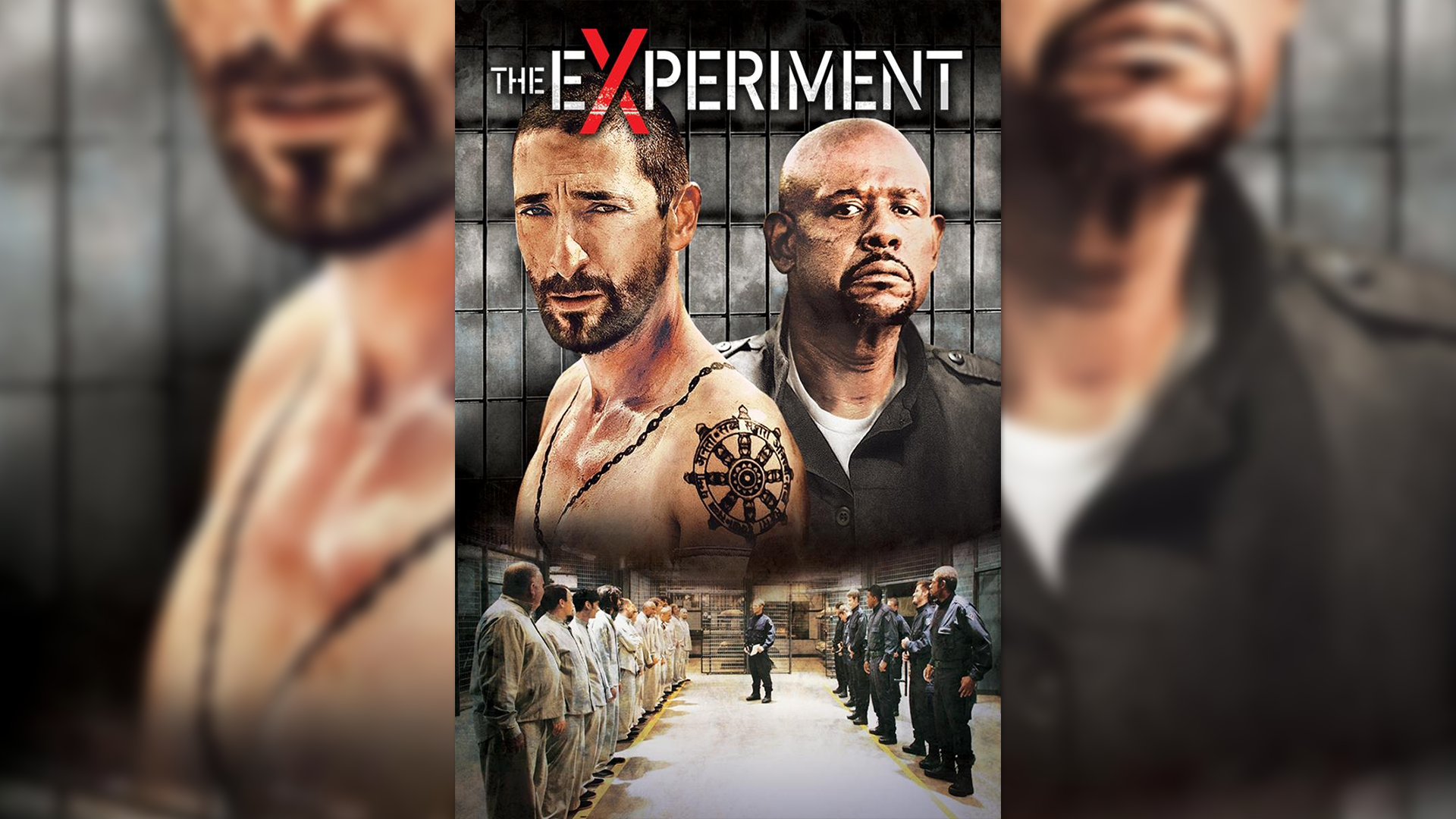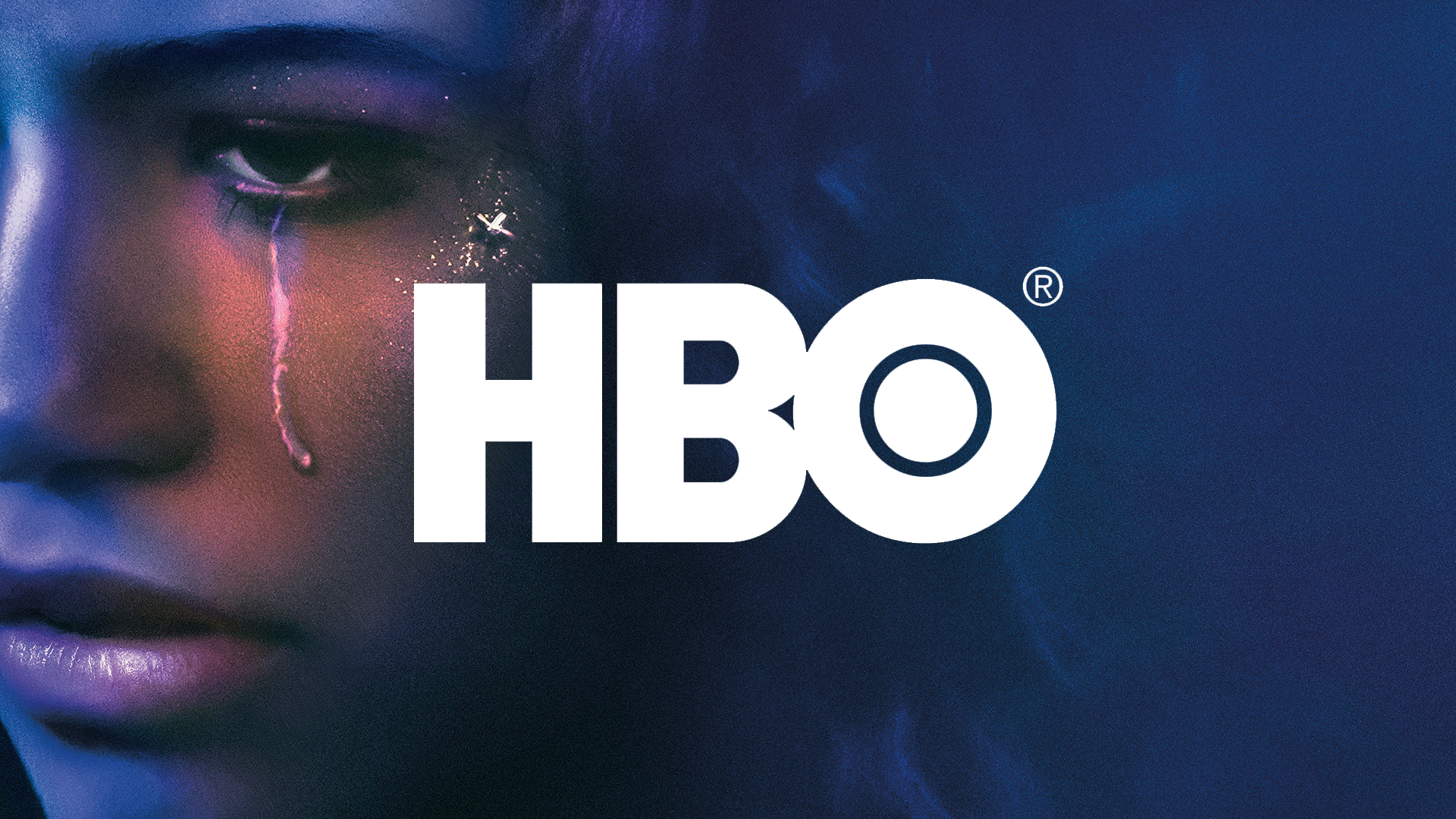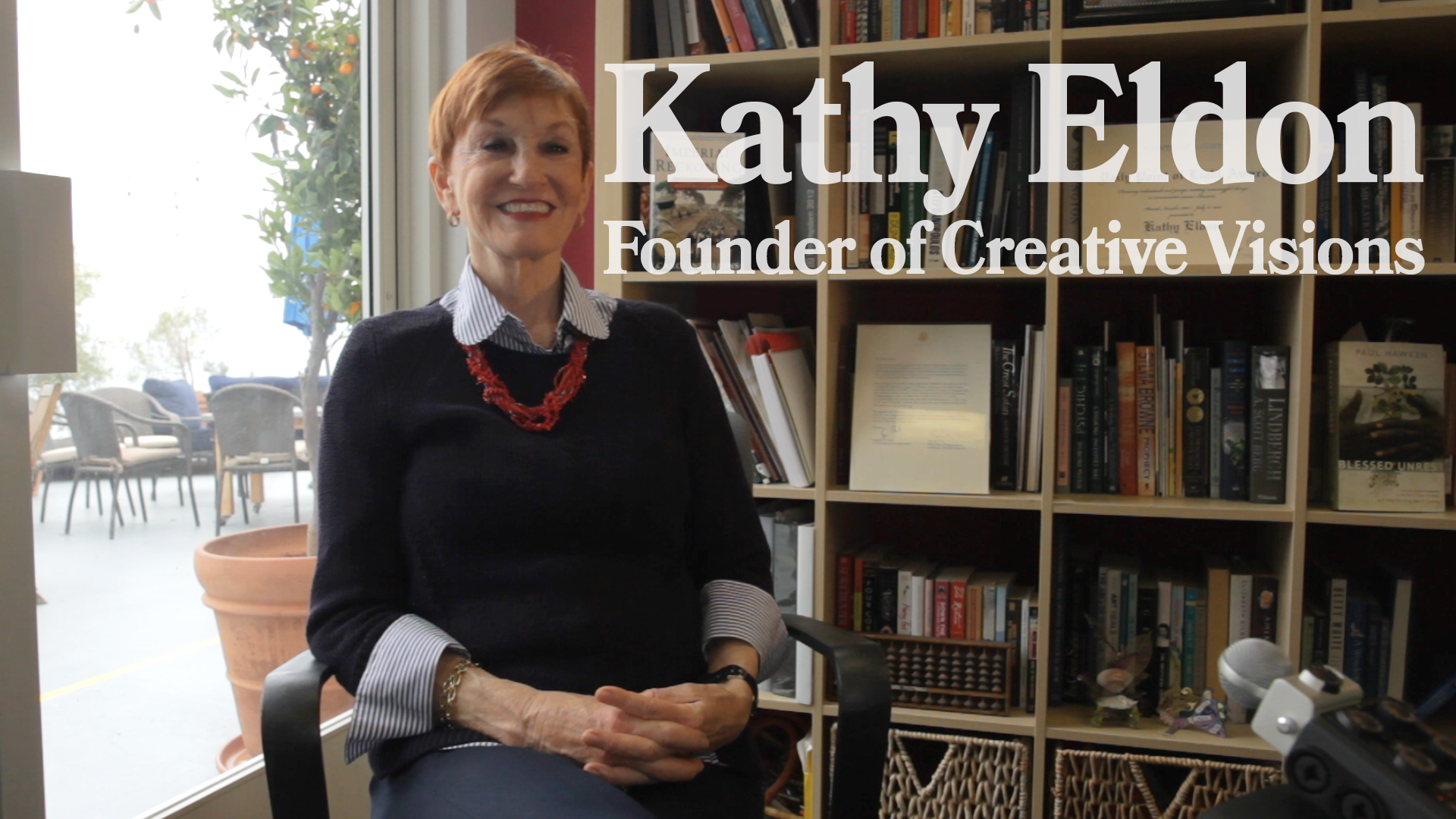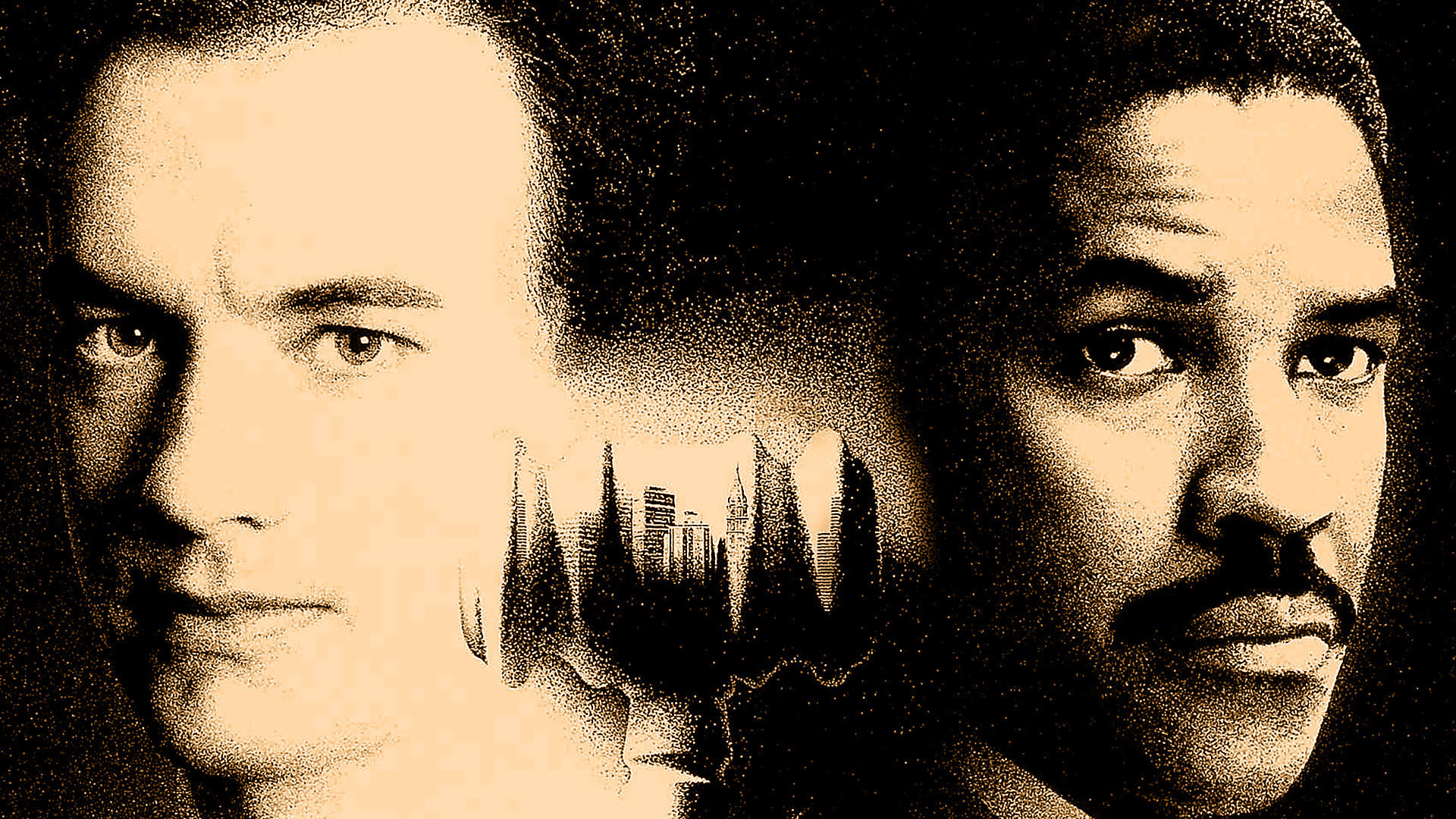Films that entertain and films that drive positive change in the world are often thought to be mutually exclusive. That’s the way it’s always been, and for years, people have felt foolish for expecting anything more. Now, halfway through the second decade of the twenty-first century, that paradigm is changing faster than ever.
Let’s wind the clock back six years. The decade just turned a fresh page, and 2009 is only just behind us. The top grossing film of that year, and soon of all time, is James Cameron’s Avatar. Before its release, Fox execs (who made the movie) complained the film had too much “tree-hugging crap.” But despite mixing a message with entertainment, it was rewarded handsomely by audiences to the sum of $2.8 billion worldwide.
Now let’s leap forward a bit to May 15th, 2015. Blockbuster season is gearing up, and one of the year’s most talked about movies is gracing theaters nationwide: Mad Max Fury Road, a rip-roaring, adrenaline-pumping rollercoaster ride about a group of women overthrowing a patriarchal superpower that uses the water supply to hold its citizens hostage. It was sure to reign supreme that weekend. But it didn’t. You know what soared past it by a nearly $25 million margin? Pitch Perfect 2, a comedy sequel about an all-female a cappella group.
That might seem like a strange thing to highlight, but consider this within the current social climate. Women are rightfully pressuring Hollywood for stronger, more intelligently sketched female characters in high profile films and television, and here we are discussing a weekend in which both films competing for box office success weren’t just about women; they were driven by them. It was the small beginning of a much greater victory over the Hollywood mythos in 2015, a confirmation that films don’t have to sacrifice social conscience to entertain the world.
“Well sure,” you might be thinking, “But that’s just one weekend.” Not so fast. Enter Star Wars: The Force Awakens, the biggest film of the year in terms of scale, financial performance, and audience anticipation, not to mention the next installment in what is arguably the grandfather of film franchises. As I type, it is still hovering near the top of the charts with a worldwide gross of over $2 billion. And the stars of this touchstone? A young woman and a black man. For women and people of color, two groups who have struggled for years to attain equal treatment within Hollywood, this was an unqualified triumph.
And gender/cultural representation wasn’t the only thing mainstream Hollywood delivered last year. Behind Star Wars, another franchise reboot, Jurassic World, was the next top grossing film of 2015 with a worldwide box office of $1.6 billion. Audiences came in droves for the visceral thrills of rampant dinosaurs and the ensuing mayhem, but beneath the flash, the film offered a not-so-subtle commentary about the exploitation of animals, and very much nature itself, for commercial gain. This proved especially relevant amidst the controversy surrounding Sea World and their treatment of captive orcas, something that is specifically parodied in the movie.
Of course, there were notable exceptions. Entourage, a film adaptation/sequel to the long-running HBO series, also graced cinemas last year, and to say that it didn’t help the cause is an understatement. It was a portrait, and very much a celebration, of Hollywood at its most shallow and indulgent, reveling in the glitzy detestability of its characters. To take a line from English film critic Mark Kermode’s review, “In terms of its gender politics, Human Centipede is more sensitive.” But here’s the thing: Entourage bombed at the box office. Against a $30 million budget, the film only grossed $49.3 million worldwide, which is abysmal for a summer release. The film flew in the face of every effort Hollywood made to adapt to contemporary demands, and not only could audiences clearly see that, they financially punished it accordingly.
This has implications not just for the future of Hollywood but very much for the moviegoers that keep it alive. To Hollywood, the message is that audiences will reward you handsomely for getting with the times and treating them like the smart, informed people they are. To the moviegoers, the message is that the film industry is listening to your pleas for intelligent, socio-politically-aware entertainment and is holding up their end of the bargain.
Films that try to positively impact the world and films that entertain may not be so disconnected after all. In fact, to hit it out of the park with audiences the two may be inextricably linked.


